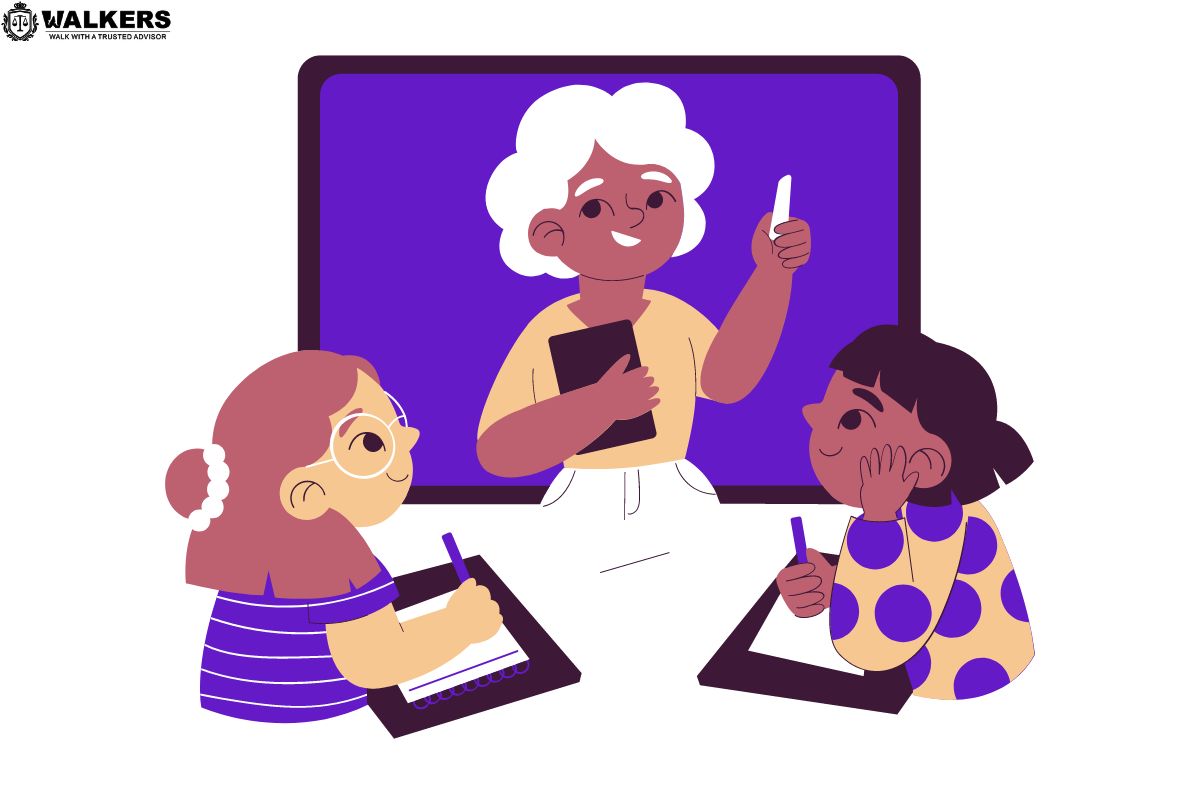


"Supreme Court Asserts: B.Ed Holders Ineligible for Primary School Teaching Roles Under Right to Education Act
In a landmark verdict, the Supreme Court of India has pronounced that candidates holding a Bachelor of Education (B.Ed) degree are not qualified to assume the positions of primary school teachers. The judgment, delivered by a Bench comprising Justices Aniruddha Bose and Sudhanshu Dhulia, upheld the Rajasthan High Court's decision to invalidate a 2018 notification issued by the National Council for Teacher Education (NCTE). This notification had permitted B.Ed holders to be appointed as primary school teachers.
The Supreme Court's ruling firmly establishes that possessing a B.Ed qualification does not meet the standards required for teaching at the primary level (classes I to V). The Court emphasized that the inclusion of B.Ed as a qualification for primary school teachers, as stated by the NCTE, lacks a rational basis and is incongruent with the objectives of the Right to Education Act. The Act's central aim is not only to ensure free and compulsory education but also to ensure its 'quality.'
Highlighting the significance of elementary education as a fundamental right guaranteed by Article 21A of the Constitution, the Court stressed that the provision of 'quality' education is paramount. The judgment underscored that compromising on the qualification of teachers inevitably compromises the overall 'quality' of education provided to students.
Following the quashing of the NCTE notification by the High Court, various entities including the NCTE itself, eligible diploma holders, and the Union government, appealed to the Supreme Court. The Supreme Court, in its analysis, pointed out that as per NCTE norms, the suitable qualification for primary teacher positions is a Diploma in Elementary Education (D.El.Ed).
The Bench explained that individuals with a D.El.Ed diploma undergo specific pedagogical training designed for handling students at the primary level. On the other hand, those with a B.Ed qualification are trained to teach at the secondary and higher secondary levels, rendering them ill-equipped for teaching at the primary level.
The Supreme Court further critiqued the NCTE notification, which relied on a communication from the Central government regarding Kendriya Vidyalayas. The Central government had urged the NCTE to permit B.Ed holders to assume primary teacher roles due to a shortage of candidates.
However, the Court highlighted a crucial distinction between B.Ed and D.El.Ed holders, emphasizing that the qualifications are not equivalent. The Court cited the NCTE's own requirement that B.Ed-qualified teachers appointed for primary classes must undergo a pedagogical course tailored for elementary education within two years of their appointment.
The Court also noted that if policy decisions of the Central government, which usually bind the NCTE, are found to be arbitrary and irrational, they can be subject to review. In this context, the Court concluded that the decision to include B.Ed as a qualification for primary teachers was flawed and contrary to the purpose of the Right to Education Act.
In summary, the Court's judgment serves as a significant clarification regarding the qualifications necessary for primary school teachers under the Right to Education Act. It underscores the importance of aligning teacher qualifications with the specific educational needs and developmental stages of students at the primary level. The appeals presented by various parties were consequently dismissed by the Court.
Legal representatives including Senior Advocates PS Patwalia, Meenakshi Arora, Kapil Sibal, and Manish Singhvi appeared on behalf of the concerned parties, while Additional Solicitors General Aishwarya Bhati and Vikramjeet Banerjee represented the Central government."
Click Here to: Download/View Related File
TAGS: Supreme Court B.Ed Holders Primary School Teachers Right to Education Act Qualification NCTE Rajasthan High Court Judgment Elementary Education Diploma in Elementary Education (D.El.Ed) Central Government Pedagogical Training Article 21A Constitution Quality Education Policy Decision Review Appeal Legal Representatives.